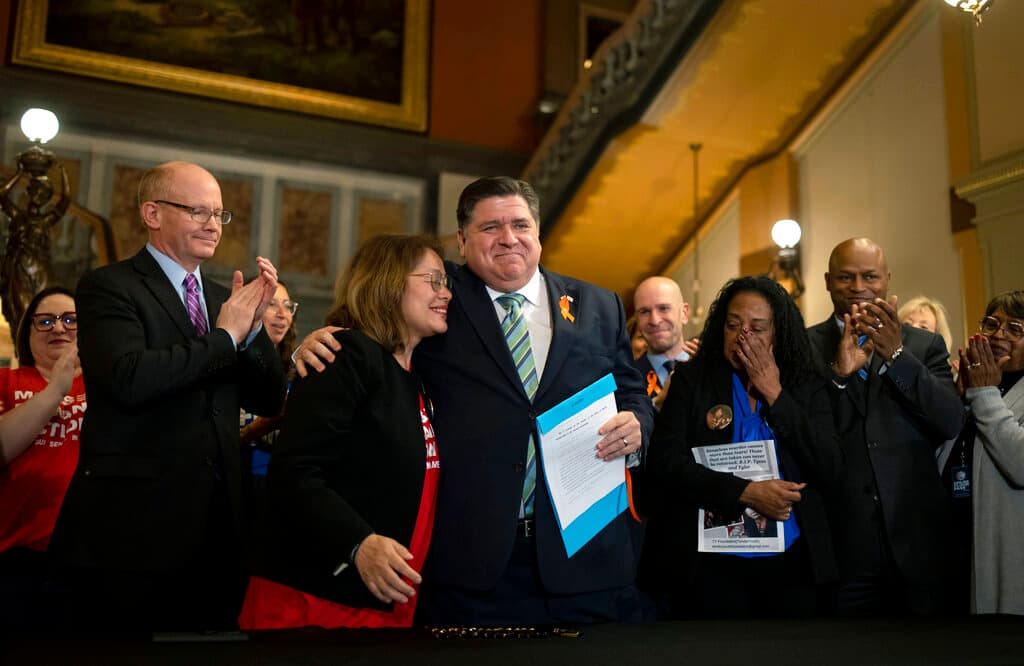Parts of Chicago, Philadelphia More Dangerous Than Wartime Iraq, Afghanistan: Study
Skyrocketing crime rates are turning mayoral elections in America’s biggest cities into referenda on those cities’ liberal prosecutorial policies.

For some, two American cities are being labeled more dangerous than the war-torn Middle East of a few years ago — and one of them is known as, you guessed it, the City of Brotherly Love.
Please check your email.
A verification code has been sent to
Didn't get a code? Click to resend.
To continue reading, please select:
Enter your email to read for FREE
Get 1 FREE article
Join the Sun for a PENNY A DAY
$0.01/day for 60 days
Cancel anytime
100% ad free experience
Unlimited article and commenting access
Full annual dues ($120) billed after 60 days

